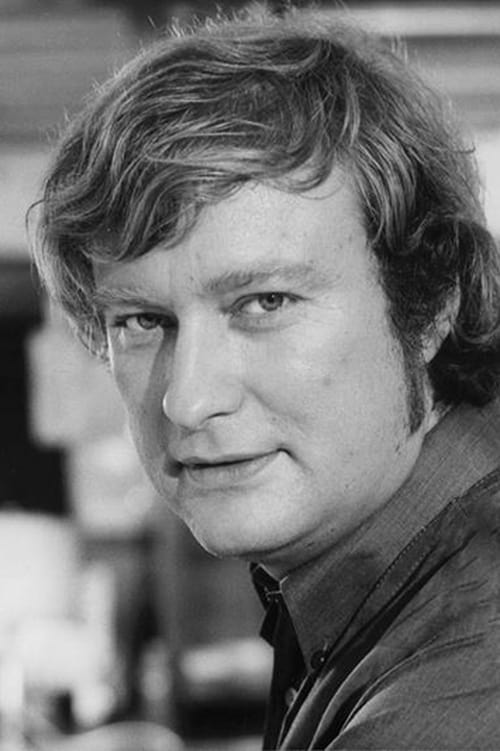Občané s erbem
Watch Movie
Share
Cast & Crew
1 member
Directing
Vít Olmer
Self

Similar Movies
Recommended Movies

No Recommendations Yet
We're working on finding the perfect movies for you. Check back soon!
More movies coming soon
Self


We're working on finding the perfect movies for you. Check back soon!